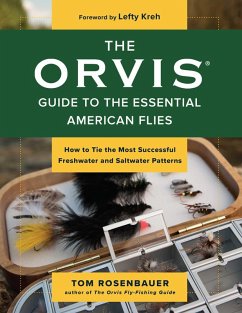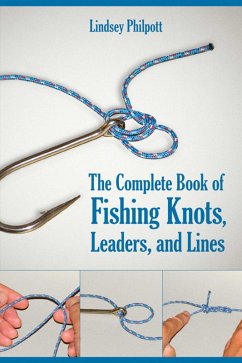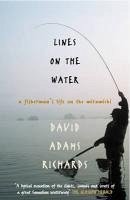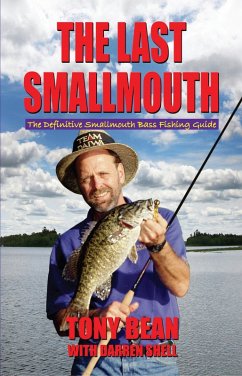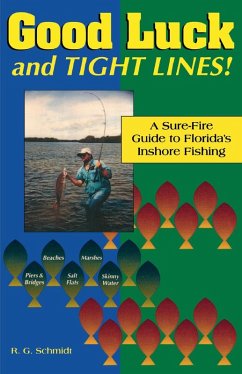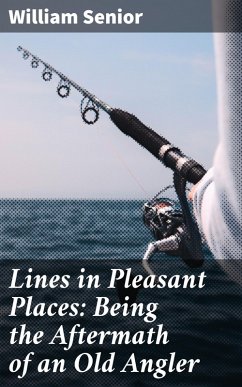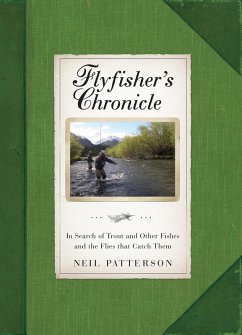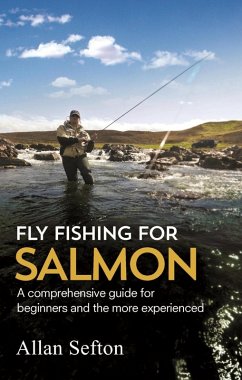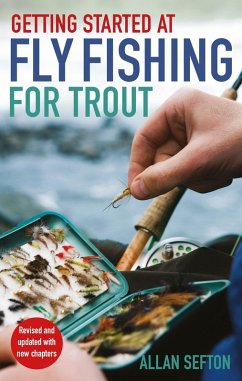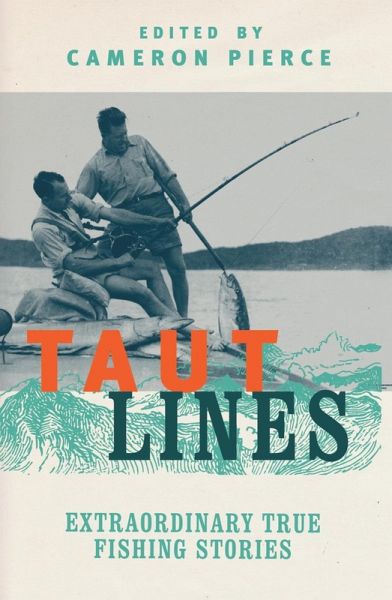
Taut Lines (eBook, ePUB)
Extraordinary True Fishing Stories

PAYBACK Punkte
0 °P sammeln!
THE PERFECT FATHER'S DAY GIFT!Since the earliest writings of civilization, people have been writing about fish and the pursuit of them. Taut Lines is a book of the present with regular forays into the past, reflecting not on where we're going, but where we've come from.As all anglers know, the fish themselves are only half of fishing. Finding peace, spirituality, or a sense of belonging in nature; the meditative tranquility that settles into the mind and body as you cast into the waters for hours on end; the companionship or, alternately, the solitude: these are some of the things that hook an...
THE PERFECT FATHER'S DAY GIFT!
Since the earliest writings of civilization, people have been writing about fish and the pursuit of them. Taut Lines is a book of the present with regular forays into the past, reflecting not on where we're going, but where we've come from.
As all anglers know, the fish themselves are only half of fishing. Finding peace, spirituality, or a sense of belonging in nature; the meditative tranquility that settles into the mind and body as you cast into the waters for hours on end; the companionship or, alternately, the solitude: these are some of the things that hook anglers as much as the fish. They are all explored in this book.
In the name of variety, coverage has been extended to some fishes typically overlooked in fishing anthologies, up to the great white shark from Jaws, the most famous (and feared) fish in all of film and literature.
There are as many types of fishing literature as there are fishermen. One of these is humorous stories about the follies that inevitably plague anglers. Several stories of this type are to be found in Taut Lines, including Rudyard Kipling's 'On Dry-Cow Fishing as a Fine Art' and Eric Witchey's 'Bats, Bushes, and Barbless Hooks.'
Fishing is more than folly, however, and so many of the stories tackle more personal and profound subjects. Kevin Maloney's 'Soldiers By the Side of the Road', Gretchen Legler's 'Border Water', and Gabino Iglesias's 'Fourteen Pounds Against the World' are just three of many heartbreaking essays which prove that while fishing is an effective medicine for grief and loss, it can also lead to contemplations of death and mortality, both the fish's and our own.
A passion for angling is most often passed down through families, and so many of the pieces in Taut Lines examine familial dynamics in relation to fishing, like 'Fish' by Judith Barrington and 'Unsound' by Nick Mamatas. There are great stories of big fish by angling legends such as Jeremy Wade, Bill Heavey, and Zane Grey, along with stories of daring rescues ('The Man in the Fish Tote' by Tele Aadsen) and war ('I Used to Be a Fisherman' by Weston Ochse), alongside a new modernized version of the first text written about sportfishing, 'Treatise of Fishing with an Angle' by Dame Juliana Berners and 'Fishing for a Cat' by Francis W. Mather, perhaps the earliest known essay devoted to catfish angling. There are also some long-lost classics, like former Atlantic editor Bliss Perry's 'Fishing with a Worm'.
Since the earliest writings of civilization, people have been writing about fish and the pursuit of them. Taut Lines is a book of the present with regular forays into the past, reflecting not on where we're going, but where we've come from.
As all anglers know, the fish themselves are only half of fishing. Finding peace, spirituality, or a sense of belonging in nature; the meditative tranquility that settles into the mind and body as you cast into the waters for hours on end; the companionship or, alternately, the solitude: these are some of the things that hook anglers as much as the fish. They are all explored in this book.
In the name of variety, coverage has been extended to some fishes typically overlooked in fishing anthologies, up to the great white shark from Jaws, the most famous (and feared) fish in all of film and literature.
There are as many types of fishing literature as there are fishermen. One of these is humorous stories about the follies that inevitably plague anglers. Several stories of this type are to be found in Taut Lines, including Rudyard Kipling's 'On Dry-Cow Fishing as a Fine Art' and Eric Witchey's 'Bats, Bushes, and Barbless Hooks.'
Fishing is more than folly, however, and so many of the stories tackle more personal and profound subjects. Kevin Maloney's 'Soldiers By the Side of the Road', Gretchen Legler's 'Border Water', and Gabino Iglesias's 'Fourteen Pounds Against the World' are just three of many heartbreaking essays which prove that while fishing is an effective medicine for grief and loss, it can also lead to contemplations of death and mortality, both the fish's and our own.
A passion for angling is most often passed down through families, and so many of the pieces in Taut Lines examine familial dynamics in relation to fishing, like 'Fish' by Judith Barrington and 'Unsound' by Nick Mamatas. There are great stories of big fish by angling legends such as Jeremy Wade, Bill Heavey, and Zane Grey, along with stories of daring rescues ('The Man in the Fish Tote' by Tele Aadsen) and war ('I Used to Be a Fisherman' by Weston Ochse), alongside a new modernized version of the first text written about sportfishing, 'Treatise of Fishing with an Angle' by Dame Juliana Berners and 'Fishing for a Cat' by Francis W. Mather, perhaps the earliest known essay devoted to catfish angling. There are also some long-lost classics, like former Atlantic editor Bliss Perry's 'Fishing with a Worm'.
Dieser Download kann aus rechtlichen Gründen nur mit Rechnungsadresse in A, B, BG, CY, CZ, D, DK, EW, E, FIN, F, GR, HR, H, IRL, I, LT, L, LR, M, NL, PL, P, R, S, SLO, SK ausgeliefert werden.




